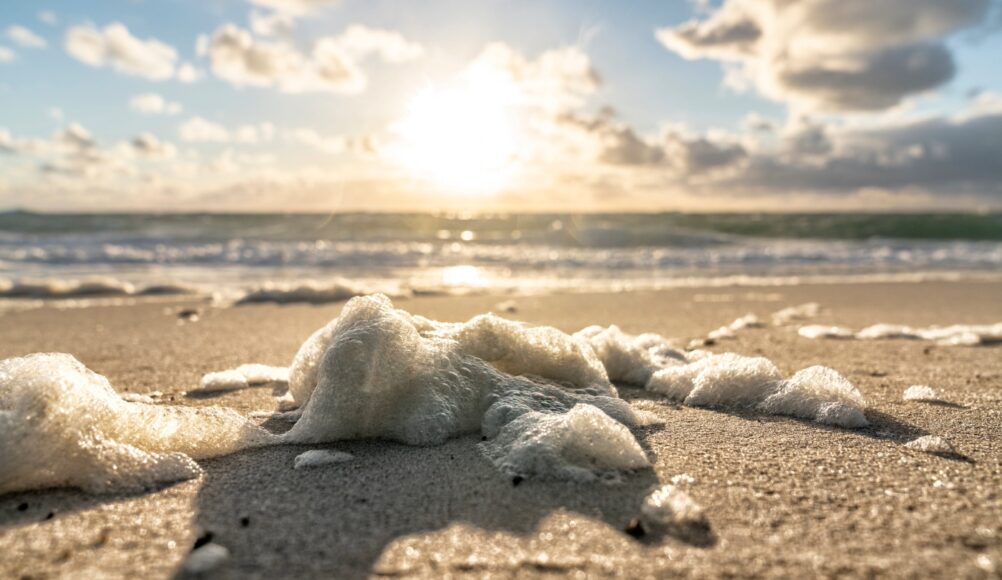Questions for ‘Heat makes water evaporate. Now it appears light can, too’

Light could help water evaporate by breaking bonds between molecules, scientists propose. In nature, this process could occur where water contacts lots of air, such as in sea-foam or soils.
Tina Terras & Michael Walter/Moment/Getty Images







